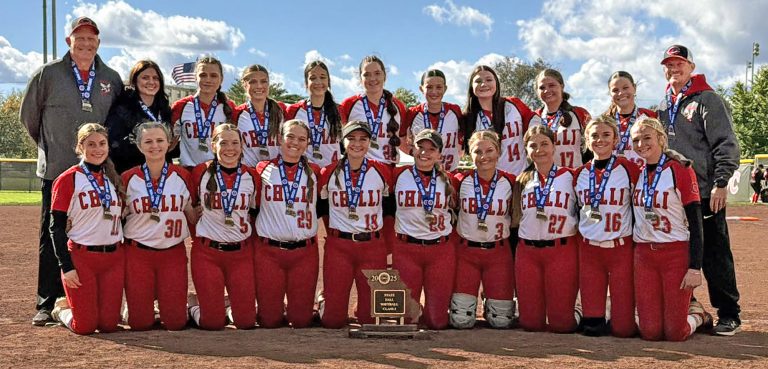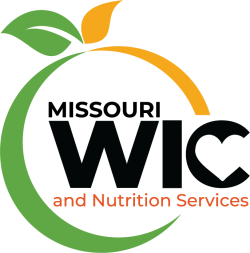By Kristin Dudley
The stigma has to end.
September is National Suicide Prevention Month. For some, it’s another health-awareness campaign on the calendar. For me, it’s personal in regards to mental health.
I live with depression and anxiety. I’ve had days where the weight felt unbearable. When my dad passed away in December 2024, the darkness closed in even tighter. Grief, mixed with mental health struggles, is something I would never wish on anyone—and yet, I know I’m not alone…even though I felt like it. Too many people in our community are silently fighting battles like mine, afraid to speak because of stigma.
Suicide is now the 11th leading cause of death in the United States. In Missouri, the rates are even higher than the national average. And in rural counties like ours, the problem is magnified by two things: isolation and lack of resources. Many small towns don’t have a single mental health provider. If you need help, you may be forced to drive hours, sit on waiting lists, or pay costs you can’t afford.
It’s not just adults. Our teens are hurting. Anxiety, depression, and suicidal thoughts among young people have been rising for years. Social media pressure, school stress, family struggles—they all stack up. Many of our teens feel they can’t talk about it because they fear being judged, bullied, or misunderstood.
And then there are our veterans. Men and women who served this country with honor often come home carrying invisible wounds. PTSD, depression, and survivor’s guilt are real. Nationally, we lose an estimated 17 veterans every single day to suicide. Many live in rural communities like ours, far away from the VA hospitals and the resources they need most.
This is why September matters. Not because awareness alone changes anything—but because talking openly is the first step to action. Mental health must be treated like any other health issue. We would never tell someone with cancer or diabetes to “just get over it.” We can’t keep telling people with depression, anxiety, or PTSD the same thing.
Here’s the truth: suicide is preventable. Hope is real. Help exists, even if it sometimes feels far away. The 988 Suicide & Crisis Lifeline is available 24/7. You don’t need an appointment. You don’t need money. You don’t need to be in a city. You just need to pick up the phone or send a text. On the other end is someone trained to listen, to guide, and to help.
But this isn’t only about crisis lines. It’s about community. It’s about all of us. It’s about asking your teenager, “How are you doing, really?” It’s about checking in on the veteran down the road who mostly keeps to himself. It’s about admitting your own struggles instead of pretending everything is fine. That honesty might give someone else permission to open up.
I’ve learned this: silence feeds the darkness. Talking breaks it.
So let’s talk. Around the dinner table. In schools. In churches. In barns and at coffee shops. Let’s make it normal to say, “I’m not okay, and I need help.” And when someone does say that, let’s not meet it with judgment or gossip—let’s meet it with compassion.
I don’t share my story to put the focus on me. I share it because if even one person reads this and feels less alone, then it’s worth it. If one person finds the courage to reach out, then it’s worth it.
September is Suicide Prevention Month, but this is bigger than one month. This is about saving lives in our own backyards. And it starts with us.
If you or someone you know is struggling, please call or text 988.
Don’t wait. Don’t let stigma keep you silent. There is hope, and there is help.
Reach out to a friend but also be a friend.


